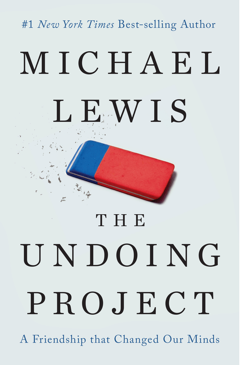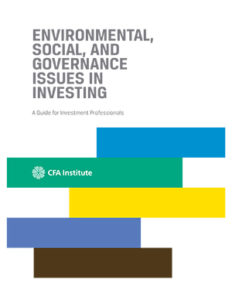On Friday, November 18,
2016,
Mr. Warren Buffett Offered
Sage Advice to Marquette AIM Students
Warren Buffett, the CEO of Berkshire Hathaway, is a
philanthropist and one of the world’s greatest investors. Referred to as the
“Oracle of Omaha,” he is known for his plain talking manner; realistic approach
to investing which favors simplicity over complexity; priceless wisdom and
personal frugality.
 |
| Warren Buffett with Marquette students in November 2016 |
Several times each year, twenty college students from a few
handpicked universities are invited to travel to Omaha, Nebraska to lunch with
Mr. Buffett. A favorite part of the event is the question-and-answer session,
where Mr. Buffett answers student questions for over 150 minutes.
 |
| Mr. Warren Buffett |
His advice to students attending the event is that, “Investing in yourself is the one of the very best things they can do and that they should seek to constantly improve their own talents.” He advised the students that their most important job in life will be as parents and that, “Investing in your children is, in some ways, even more important than investing in yourself.”
Speaking with Marquette students at Anthony’s Steakhouse in Omaha, Mr. Buffett didn’t give out stock tips or talk about specific companies (like Berkshire Hathaway’s recent airline stock acquisitions), but he did offer plenty of wise advice including the following: “Unconditional love is more valuable than any amount of wealth.” He urged the students to surround themselves with people who love them, and to give love in return.
 |
| Steak and Coke at Anthony's with Mr. Buffett! |
Mr. Buffett told students that finding a career that stokes
their passion was extremely important. He said they should “Find what turns them
on…. do what you would do if you were not getting paid and you’ll have more fun
and be more successful.”
 |
| Marquette students at Nebraska Furniture Market, a Berkshire Hathaway holding |
Talking about how much he still enjoys working at 86 years old he said, “I enjoy what I do, I enjoy going to work every day. I work with
people I admire, doing what I love. I spend much of my time reading and thinking
about the future, not the past. The future is exciting and to focus on the
negative is a mistake.”
On a more general note, Buffett counseled the students about
looking at the traits of other people (including fellow students) that they
respect and to work at developing those same traits by establishing daily
habits that enforce those qualities. He also said to identify characteristics
of those individuals who they don’t respect – and to avoid them.
 |
| Dr. Krause and David Martin |
As a follow up to this advice, the AIM students created lists
of traits they admire in their fellow students and these were sent to Mr.
Buffett the following week. Dr. David Krause, AIM program director said, “This
was a worthwhile exercise for the students – I believe that they took the
assignment seriously and created a meaningful list of key traits of success. If
they can built healthy habits into their daily routine to emphasize those
positive characteristics, they likely will achieve greater success in life.”
Dr. Krause continued, “The positive character traits most listed
by the AIM students included: a positive attitude; humility, intellectual curiosity;
passion; work ethic; and trustworthiness.”
When offering students life and career advice, Buffett stressed
the importance of being patient, reading, thinking and working smarter in order
to reach their full potential.
 |
| David Martin and Marquette students at the luncheon |
Mr. Buffet also encouraged the students to use all their intellectual
horsepower. “How big is your motor and how efficiently do you put it to work?” He
suggested that many people have “400 horsepower engines, but only gets 150
horsepower of output.”
According to Mr. Buffet, the person who gets full output from a 200 horsepower motor is a lot better off than an underachiever.” He followed that up by stating that, “You don’t have to have a 150 IQ to be successful, just work to the fullest of your ability.”
According to Mr. Buffet, the person who gets full output from a 200 horsepower motor is a lot better off than an underachiever.” He followed that up by stating that, “You don’t have to have a 150 IQ to be successful, just work to the fullest of your ability.”
 |
| The Marquette students were joined at lunch by Mr. Buffett |
Dr. Krause stated, “Our special thanks go to David Martin,
who was again responsible for arranging this opportunity. We are thankful for
his continued involvement with the AIM program at Marquette.
David Martin and Warren Buffett have developed a true friendship over the past several years and it was great to hear David and Marquette receive a special shout out from Mr. Buffett."
"This was our second visit to Omaha and we are especially thankful for this opportunity to hear from Mr. Buffett. For many of the students, this was a once-in-a-lifetime opportunity.”
David Martin and Warren Buffett have developed a true friendship over the past several years and it was great to hear David and Marquette receive a special shout out from Mr. Buffett."
"This was our second visit to Omaha and we are especially thankful for this opportunity to hear from Mr. Buffett. For many of the students, this was a once-in-a-lifetime opportunity.”







































